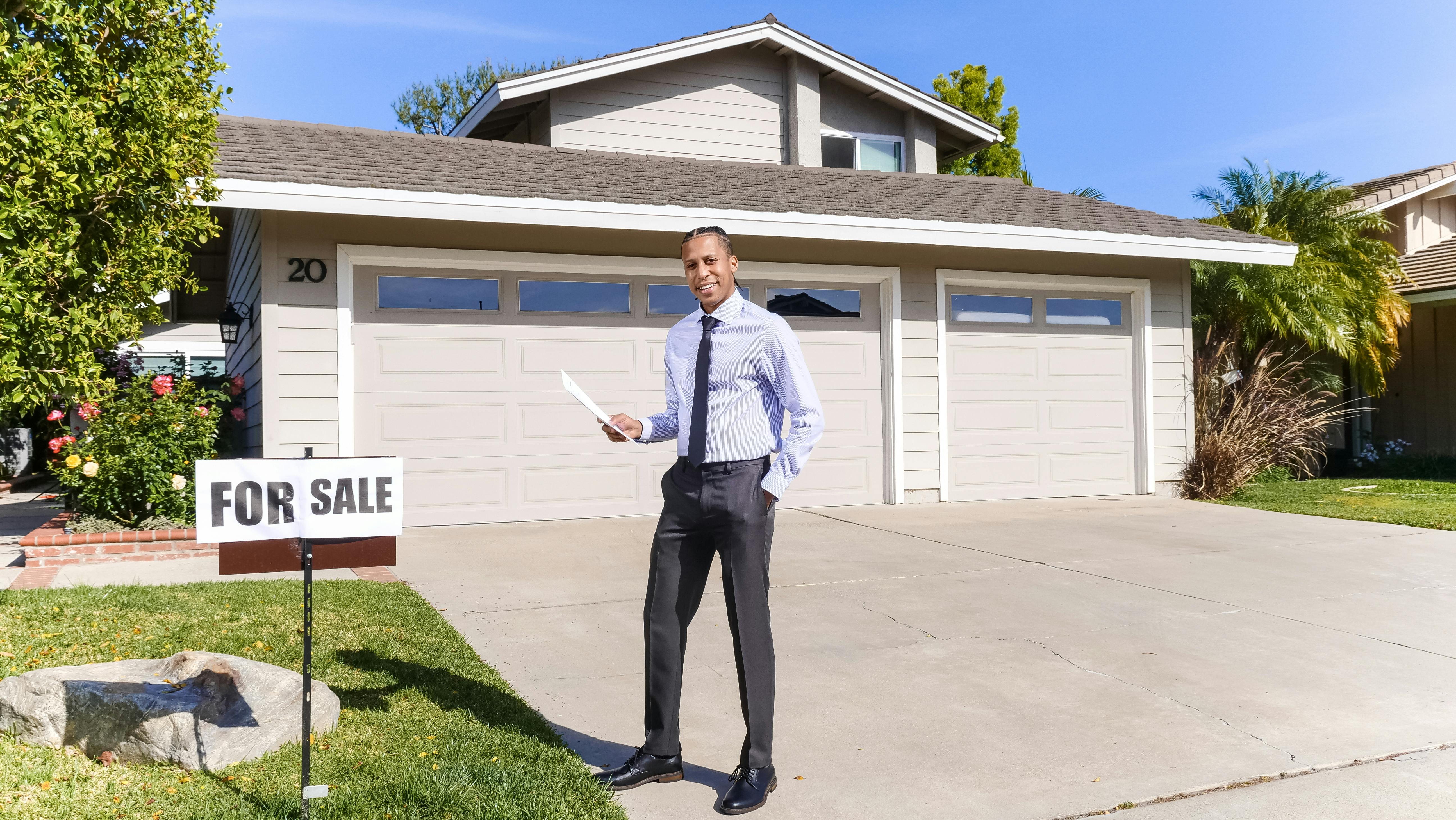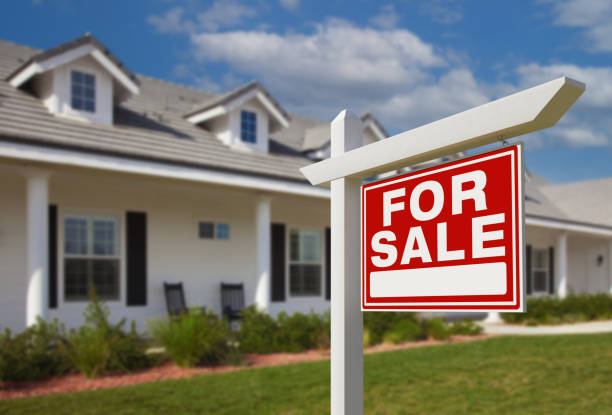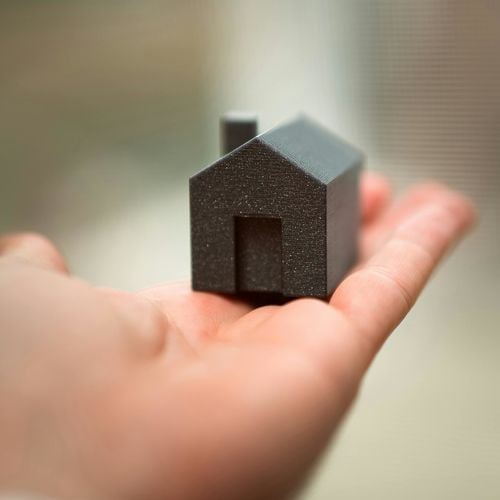Selling a home is one of the biggest financial decisions most people will ever make. For many, a house isn’t just a place to live—it’s also an investment that can grow in value over time. Knowing how long you should keep your home before selling it is an important factor in determining how much profit you can make, how much tax you may owe, and how quickly you’ll reach your financial goals.
Some homeowners may need to sell sooner because of life changes such as a new job or a growing family, while others may benefit from holding onto their property for several years. There is no single answer that fits everyone, but there are clear guidelines and factors to consider that can help you make the right choice.
This article explores how long you should keep your home before selling, the financial and personal factors to weigh, and how strategies like learning how to sell a house faster can make a big difference when you’re ready to move on.
1. Why Does Tenure Matter?
The length of time you own your home directly affects your financial outcome when you sell. Equity—the difference between what you owe on the mortgage and your home’s current market value—usually grows over time. As you make monthly payments and as property values rise, that gap widens in your favor.
Experts often recommend staying in a home for at least five years. This “five-year rule” is a practical guideline because it allows equity growth to offset the costs of buying and selling.
If your local housing market appreciates quickly, you might see enough gain in just three years. On the other hand, in slower markets, it could take longer to break even.
Some analysts suggest staying closer to seven years, since real estate often moves in cycles. The longer you wait, the more time you give your investment to grow and the less pressure you’ll feel from short-term fluctuations.
2. Costs of Selling vs. Benefits of Waiting
A. Upfront and Closing Costs
Selling a house comes with significant expenses. Real estate commissions, legal fees, staging, and repairs often total between three and six percent of the sale price. If you sell too quickly, these costs can eat up any profit you hoped to make.
B. Tax Exemptions
If you’ve lived in the home for at least two of the last five years, you may qualify for a capital gains tax exemption. This means you can avoid paying taxes on up to $250,000 of profit if you’re single, or $500,000 if you’re married and filing jointly. Selling before meeting this requirement could leave you facing a hefty tax bill.
C. Market Trends
Home values typically rise over time, but the pace varies by location. Some areas see steady growth, while others experience ups and downs. Staying in your home longer gives you more chances to benefit from rising property values.
3. When Selling Earlier Still Makes Sense?
Even though waiting has financial advantages, sometimes selling sooner is the better choice.
A. Life Circumstances
A new job opportunity, a growing family, or the desire to downsize may push you to sell earlier than planned. Personal needs can outweigh the financial gains of waiting.
B. Hot Market Conditions
If your area is experiencing a surge in demand and home prices are rising rapidly, it may make sense to sell early. The right timing can allow you to capture a premium price.
C. Loan or Tax Factors
Some loans, especially government-backed ones, may have rules about how long you must live in a home before selling. Selling too soon could trigger penalties or eliminate benefits. Similarly, understanding the two-year tax rule can help you avoid unnecessary taxes.
4. Real-World Perspectives
Many homeowners share their experiences online, often echoing the same advice: stay long enough to cover selling costs. If you sell within the first two or three years, chances are you’ll lose money because of agent fees, closing costs, and taxes.
People who sell after four to five years generally find that they break even or make a small profit. Those who wait longer—seven years or more—tend to see stronger financial returns.
5. Regional Trends Show Longer Stays
In many parts of the world, people keep their homes for much longer than five years. In some cities, the average is more than a decade. Higher transaction costs, cultural values, and stable mortgage rates often encourage people to stay put.
This reinforces the idea that while five years may be the general rule of thumb, holding onto a property for longer usually results in stronger gains.
6. How to Sell a House Faster—Practical Tips?
Whenever you decide it’s the right time to sell, preparation can help you close the deal more quickly and at a better price. Here are proven strategies to sell your house faster:
- Stage the property. A well-staged home can cut listing time dramatically and increase your selling price. Simple changes like decluttering, rearranging furniture, and adding fresh décor can make a big difference.
- Highlight key features. Buyers love original details like wood floors, fireplaces, and natural light. Showcasing these can help your home stand out.
- Skip unnecessary renovations. Costly projects rarely pay off if you plan to sell soon. Instead, focus on affordable improvements like fresh paint, landscaping, and basic repairs.
- Work with an experienced agent. A good real estate agent understands local market trends and can help you set the right price, market effectively, and negotiate strong offers.

How Long Should You Keep Your Home Before Selling It? -Jack Ma Real Estate
7. Summary Table
Holding Period | Benefits of Waiting |
2 years | Qualify for tax exemption, some equity growth |
3 years | Possible break-even if values rise quickly |
5 years | Standard benchmark: equity offsets costs, strong gains |
7+ years | Long-term financial benefits, more stability |
Finding the Right Time to Sell Your Home
There’s no one answer to how long you should keep your home before selling, but five years is often the sweet spot. It gives you time to build equity, cover costs, and qualify for tax benefits.
However, life changes, hot markets, or financial needs may justify selling earlier. The key is to weigh the costs, understand tax implications, and consider your personal circumstances.
When the time does come to sell, knowing how to sell a house faster—through smart staging, affordable improvements, and strong marketing—can help you get the best results no matter how long you’ve owned your home.
Jack Ma Real Estate believes the best time to act is the time you decide with confidence. Keeping your home longer can help you build equity, while selling sooner lets you focus on how to sell the house faster and move forward with new opportunities.
FAQs About How Long to Keep Your Home Before Selling
1. Can you sell a house soon after buying it and still make a profit?
It’s possible, but financially risky. Selling within the first year often means covering high closing costs, agent commissions, and sometimes higher taxes. Most homeowners don’t break even unless the market has seen rapid value increases. Waiting at least a few years usually provides better results.
2. What is the “5-year rule” for selling your home?
The "five-year rule" suggests living in your home for at least five years before selling. This timeframe usually allows you to build enough equity to cover transaction costs and benefit from steady appreciation.
3. How long must you live in a home to avoid capital gains tax?
You need to have owned and lived in the property for at least two of the last five years before selling to qualify for a capital gains tax exemption. This rule can save you from paying taxes on a large portion of your profit.
4. How long before selling do I need to wait to avoid high taxes?
To avoid being taxed at short-term rates, you must hold the home for at least one year. Sales within the first year are taxed at your regular income rate, while holding longer qualifies you for lower long-term capital gains tax rates.
5. How long does the process of selling a home usually take?
On average, selling a home can take two to three months from listing to closing. However, this varies depending on market conditions, pricing, and the condition of the home. Homes in competitive markets can sell in just weeks, while slower markets may take several months.


